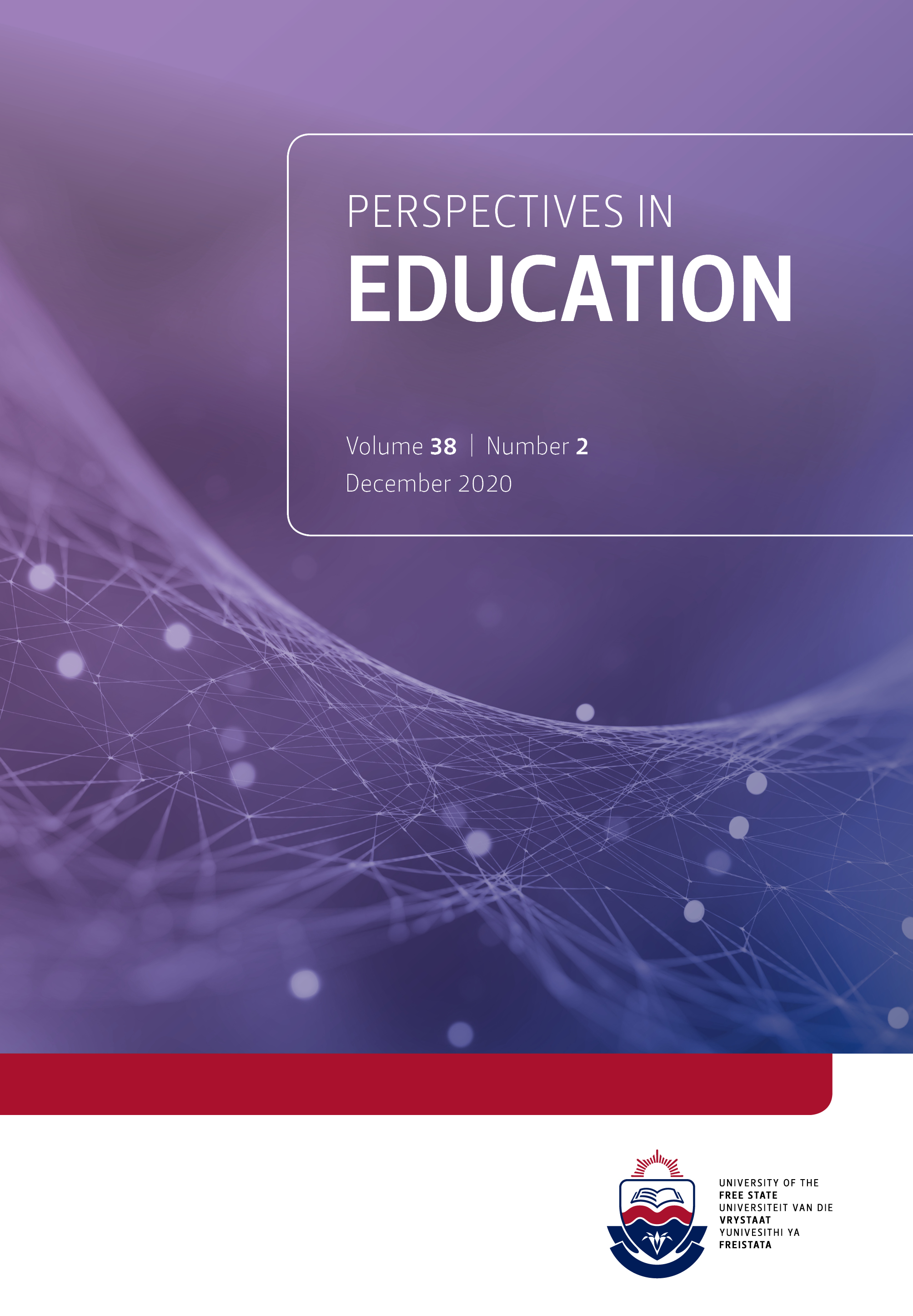"Connectedness" in Business Studies pedagogy: Is a transition year alluring?
DOI:
https://doi.org/10.38140/pie.v38i2.4325Keywords:
Experiential learning, Business studies, Enterprise education, Entrepreneurship, Productive pedagogies, Connectedness, Transition yearAbstract
The continuously changing business world demands that students entering the world of work have an adaptable skill set. The acquisition of appropriate exit-level knowledge, skills and competencies also holds true for young school students and early school leavers. At school level the engagement and connectedness with the outside world and the development of subject-specific practical competencies could be structured through an experiential education approach that will allow students to become self-regulating and active in their learning. The kind of active learning could involve an education that also facilitates a ‘real-life’ experience in the workplace. This article argues for an experiential active-learning approach for Business Studies teaching by reflecting on the ‘connectedness’ dimension of the productive pedagogies framework. In doing so, the authors deliberate on a unique Irish model called the ‘transition year’ (TY), its orientation of ‘real-life’ learning, the background to the development of the TY, its implementation and its viability within a South African school context.
Downloads
##submission.downloads##
Published
How to Cite
Issue
Section
License
Copyright (c) 2020 Carina America, Philip Mallon

This work is licensed under a Creative Commons Attribution 4.0 International License.









